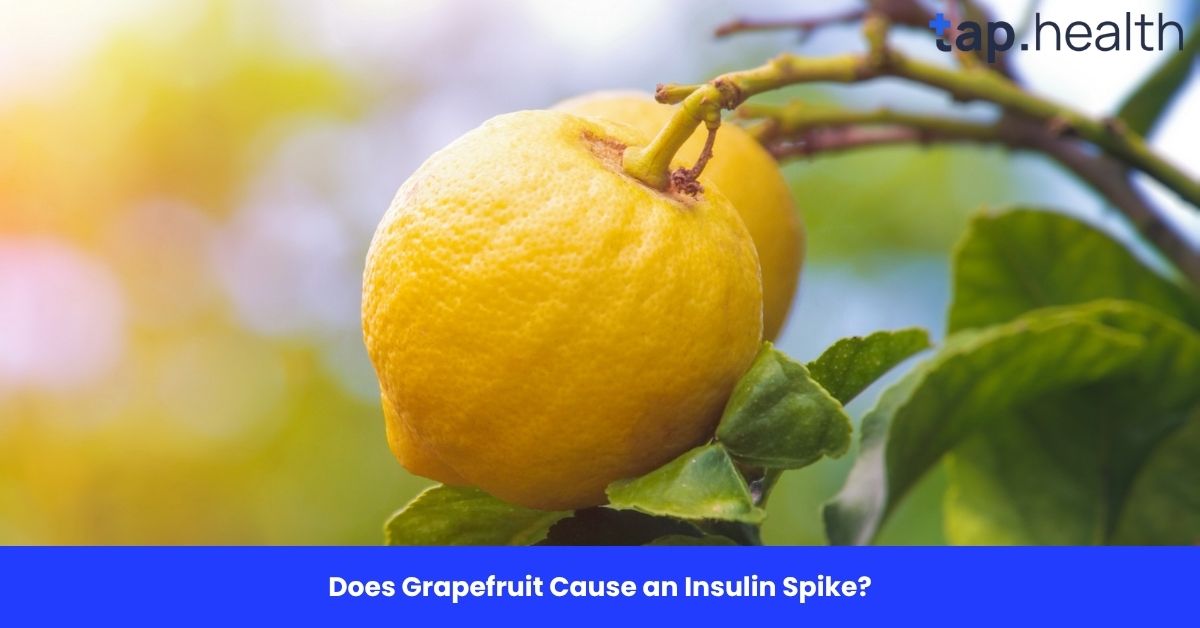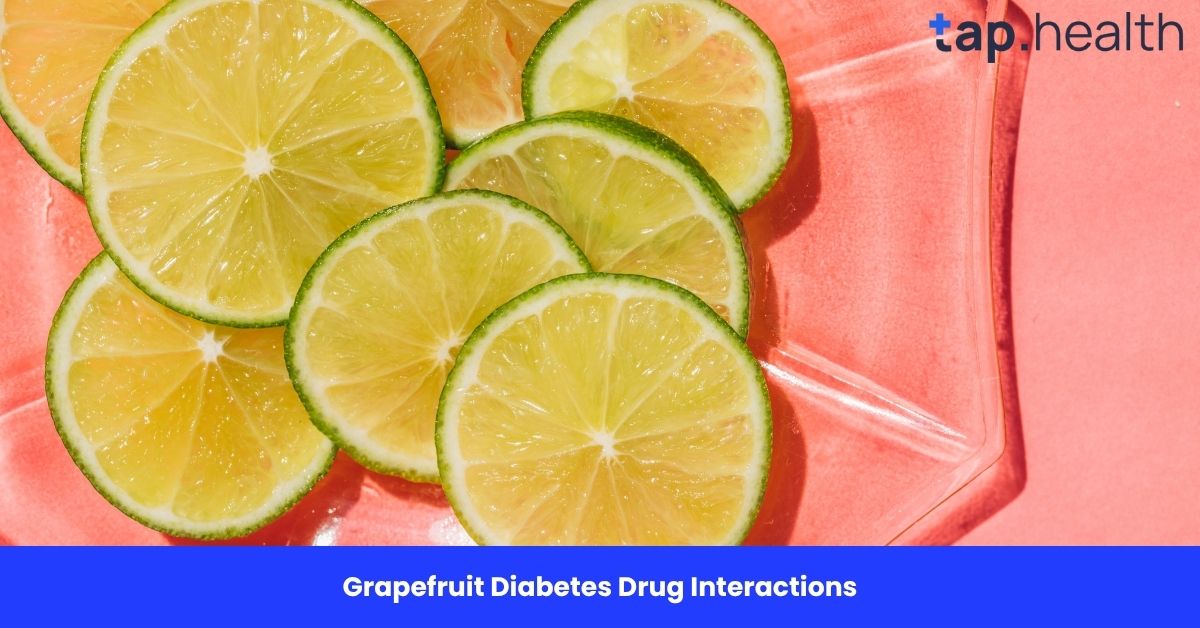Is Cornmeal Healthy for Diabetics? A Detailed Guide to Benefits and Risks
Diabetes is a condition that affects millions of people worldwide, and managing it involves making thoughtful dietary choices. A key part of diabetes management is understanding which foods can help stabilize blood sugar levels and which might cause spikes. Cornmeal, a staple in many cuisines, is often a topic of debate for diabetics. While it’s a great source of nutrition, its impact on blood sugar can vary. In this guide, we’ll take an in-depth look at cornmeal’s health effects for diabetics and answer common questions to help you make informed decisions.
What Is Cornmeal?
Cornmeal is made by grinding dried corn kernels into a fine powder. It’s a versatile ingredient used in baking, cooking, and as a base for many dishes, including cornbread, polenta, and grits. There are different types of cornmeal, including yellow, white, and blue, which vary slightly in flavor and texture but are nutritionally similar.
Cornmeal is known for its mild flavor and coarse texture, which can add depth to many recipes. But, as with any carbohydrate-rich food, it’s essential to understand how cornmeal interacts with blood sugar levels, especially for those managing diabetes.
The Nutritional Profile of Cornmeal
Before discussing whether cornmeal is healthy for diabetics, let’s first look at its nutritional content. A typical 1/4-cup serving (about 30 grams) of cornmeal contains:
- Calories: 100–120 kcal
- Carbohydrates: 22–25 grams
- Fiber: 2–3 grams
- Protein: 2–3 grams
- Fat: 1 gram (mostly unsaturated)
- Vitamins & Minerals: Cornmeal contains some B vitamins, like thiamine, niacin, and folate, and minerals like magnesium and iron.
While cornmeal has a relatively low amount of fat, its carbohydrate content is something diabetics should consider. The focus should be on how those carbs are digested and how they affect blood sugar.
Glycemic Index of Cornmeal: Is It Safe for Diabetics?
The glycemic index (GI) measures how quickly a food raises blood sugar levels. Foods with a high GI can cause rapid spikes in blood sugar, which is a concern for people with diabetes. Foods with a low GI release glucose more slowly and steadily, making them better choices for blood sugar control.
Cornmeal typically has a medium glycemic index (ranging from 50 to 69). This means it’s not as fast-acting as high-GI foods like white bread or sugary snacks, but it still has the potential to raise blood sugar levels faster than low-GI foods like whole grains or legumes.
Can Diabetics Eat Cornmeal?
For diabetics, the key is moderation and proper pairing. While cornmeal isn’t a high-GI food, it still contains a significant amount of carbohydrates, which need to be factored into a diabetic meal plan. This doesn’t mean you need to completely avoid cornmeal, but it’s essential to balance your meals to minimize its impact on blood sugar.
Tips for Including Cornmeal in a Diabetic-Friendly Diet
Here are some helpful tips for including cornmeal in a diabetic-friendly diet:
- Pair with Fiber: Combine cornmeal with high-fiber foods like vegetables or legumes. Fiber slows down the absorption of sugars, helping to control blood sugar levels.
- Choose Whole Grain Cornmeal: Opt for whole grain or stone-ground cornmeal instead of refined versions. Whole grains contain more fiber, which helps to regulate blood sugar.
- Watch Portions: Keep portion sizes in check. While cornmeal can be part of a balanced meal, large servings can contribute to a higher carbohydrate intake, which could cause a spike in blood sugar.
The Benefits of Cornmeal for Diabetics
Despite its carbohydrate content, cornmeal does have several health benefits that make it a viable option for diabetics in moderation. Here’s why:
1. Source of Complex Carbohydrates
Cornmeal provides complex carbohydrates that are digested more slowly than simple carbs. While its GI is medium, it’s still a better choice than foods made with refined flour that have a higher glycemic index.
2. Rich in Fiber
Whole-grain cornmeal is a good source of fiber, which plays an essential role in managing blood sugar levels. Fiber slows digestion, preventing blood sugar from rising too quickly after meals.
3. Packed with Antioxidants
Cornmeal contains antioxidants, including carotenoids like lutein and zeaxanthin, which support eye health. Diabetics are at higher risk of developing eye problems, so including antioxidants in the diet can help reduce these risks.
4. Provides Important Nutrients
Cornmeal is a good source of vitamins and minerals, including B vitamins (especially thiamine), magnesium, and iron. Magnesium helps in regulating blood sugar levels and improving insulin sensitivity.
5. Gluten-Free Option
Cornmeal is naturally gluten-free, making it a suitable option for diabetics who also suffer from celiac disease or gluten intolerance.
The Risks of Cornmeal for Diabetics
While cornmeal can offer several benefits, there are potential risks to consider, especially if consumed in large amounts or without proper balance.
1. High in Carbohydrates
Cornmeal contains a significant amount of carbohydrates, which can impact blood sugar levels. Excessive consumption of high-carb foods can lead to spikes in glucose levels, making it challenging to manage diabetes effectively.
2. Low Protein Content
Although cornmeal provides some protein, it’s not a complete protein source. For diabetics, protein is essential in stabilizing blood sugar levels. Consuming cornmeal without adequate protein might not be the best choice for blood sugar control.
3. Refined Cornmeal
Refined cornmeal (like the kind used in many processed foods) may have fewer nutrients and less fiber than whole-grain cornmeal. Refined versions tend to have a higher glycemic index and may contribute to faster blood sugar spikes.
4. Potential for Overconsumption
Cornmeal is often part of comfort foods like cornbread, which can be easy to overeat. Eating large portions of any carbohydrate-rich food without balancing it with other macronutrients can lead to weight gain and worsen diabetes control.
How to Incorporate Cornmeal into Your Diet as a Diabetic
If you’re diabetic and want to enjoy cornmeal, it’s essential to incorporate it mindfully into your diet. Here are a few ideas:
1. Cornmeal-Based Pancakes or Waffles
Use whole grain cornmeal to make diabetic-friendly pancakes or waffles. Add fiber-rich ingredients like ground flaxseed or chia seeds to help balance out the carbs.
2. Polenta
Polenta is a classic dish made from cornmeal. You can serve it as a side dish or top it with vegetables and lean protein, like chicken or tofu, to make a balanced meal.
3. Cornmeal Crusted Fish or Chicken
Instead of breading your fish or chicken with flour, use cornmeal for a healthier, crunchier coating. This is a great way to reduce carbs while adding a satisfying texture to your meals.
4. Homemade Cornbread
You can make a diabetic-friendly version of cornbread by substituting refined sugar with a natural sweetener like stevia or monk fruit. Add in some high-fiber ingredients, like flaxmeal or psyllium husk, to boost the fiber content.
Real-Life Scenario
Imagine you’re a person with type 2 diabetes who enjoys eating cornbread with dinner. Instead of giving it up completely, you can make small changes—like using whole-grain cornmeal and adding flaxseeds or oats to boost fiber. This way, your blood sugar won’t spike as quickly, and you can still enjoy your favorite food.
For instance, replacing white flour with whole-grain cornmeal and reducing sugar in recipes can make your cornbread more diabetic-friendly.
Expert Contribution
According to nutrition experts, the glycemic index (GI) of cornmeal ranges from 48 to 69, depending on how it’s processed. Foods with a lower GI release sugar slowly into the bloodstream, which helps maintain stable glucose levels.
Dietitians recommend pairing cornmeal-based dishes with lean proteins (like chicken or fish) and healthy fats (like olive oil or avocado) to further reduce the meal’s overall glycemic impact.
Dr. Anjali Sharma, a registered dietitian, notes:
“Cornmeal can fit into a diabetic meal plan if eaten in controlled portions and balanced with high-fiber, protein-rich foods.”
Recommendations Grounded in Proven Research and Facts
- Opt for whole-grain cornmeal: It has more fiber and nutrients compared to refined versions.
- Watch portion sizes: Stick to ½ cup cooked cornmeal or one small slice of cornbread per meal.
- Avoid added sugars: Many store-bought cornmeal mixes contain added sugar; choose unsweetened options.
- Combine with protein: Eating cornmeal with eggs, yogurt, or nuts helps slow sugar absorption.
- Cook smart: Baking or steaming cornmeal is healthier than deep-frying it.
- Monitor your blood sugar: Keep track of how your body reacts to cornmeal and adjust portions accordingly.
FAQ on Cornmeal for Diabetics
Can Cornmeal Cause a Spike in Blood Sugar?
Yes, because cornmeal contains carbohydrates, it can cause a spike in blood sugar if eaten in large quantities. However, its medium glycemic index means it won’t spike blood sugar as much as high-GI foods. The key is moderation and pairing it with high-fiber foods.
What Is the Best Type of Cornmeal for Diabetics?
Whole grain or stone-ground cornmeal is the best option for diabetics. It retains the germ and bran of the corn, providing more fiber and nutrients than refined cornmeal.
Can Diabetics Eat Cornmeal Every Day?
Yes, diabetics can eat cornmeal every day in moderation, especially if it’s part of a balanced meal plan. Be mindful of portion sizes and pair it with fiber, protein, and healthy fats to prevent blood sugar spikes.
Is Cornmeal Better Than White Rice for Diabetics?
Yes, cornmeal is often considered a better choice than white rice for diabetics due to its higher fiber content and lower glycemic index. White rice is refined, which can cause faster spikes in blood sugar.
Is Cornmeal Suitable for a Gluten-Free Diet?
Yes, cornmeal is naturally gluten-free, making it an excellent option for people with diabetes who also need to avoid gluten.
Conclusion
Cornmeal can be a healthy addition to a diabetic diet when consumed in moderation. The key to incorporating cornmeal into your meals is balancing it with other nutrient-rich foods like vegetables, lean proteins, and healthy fats. By choosing whole grain cornmeal and being mindful of portion sizes, diabetics can enjoy its benefits without worrying about blood sugar spikes. Always consult your healthcare provider or dietitian before making significant dietary changes, especially if you have diabetes.



